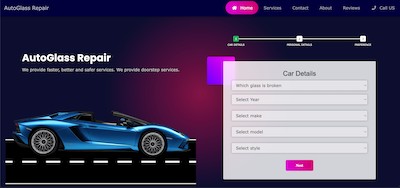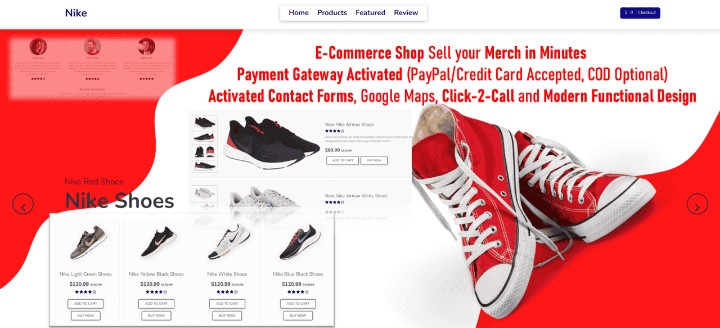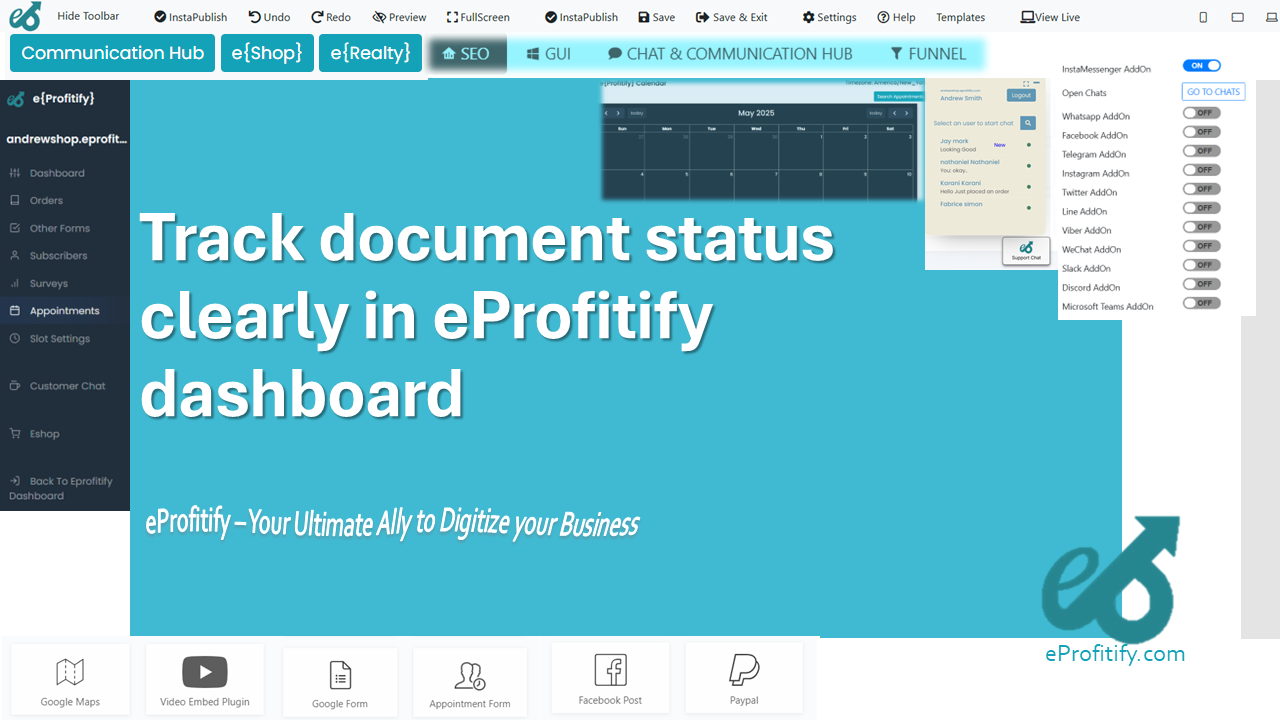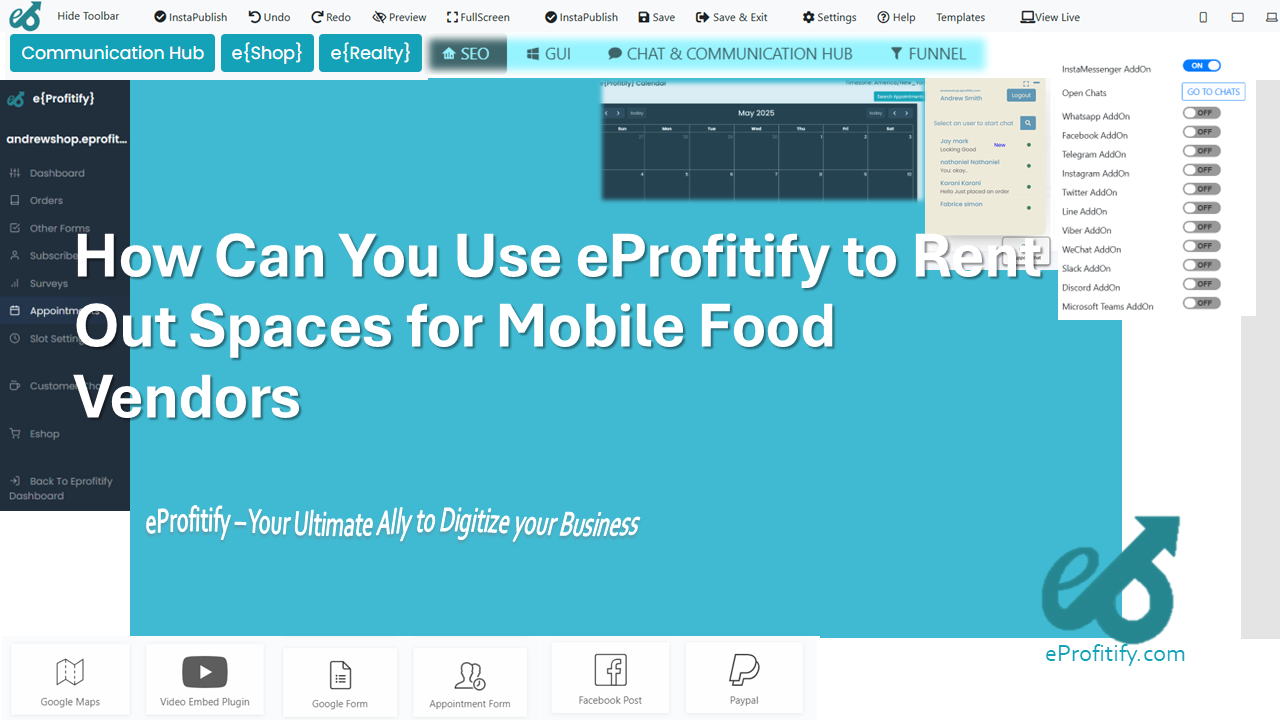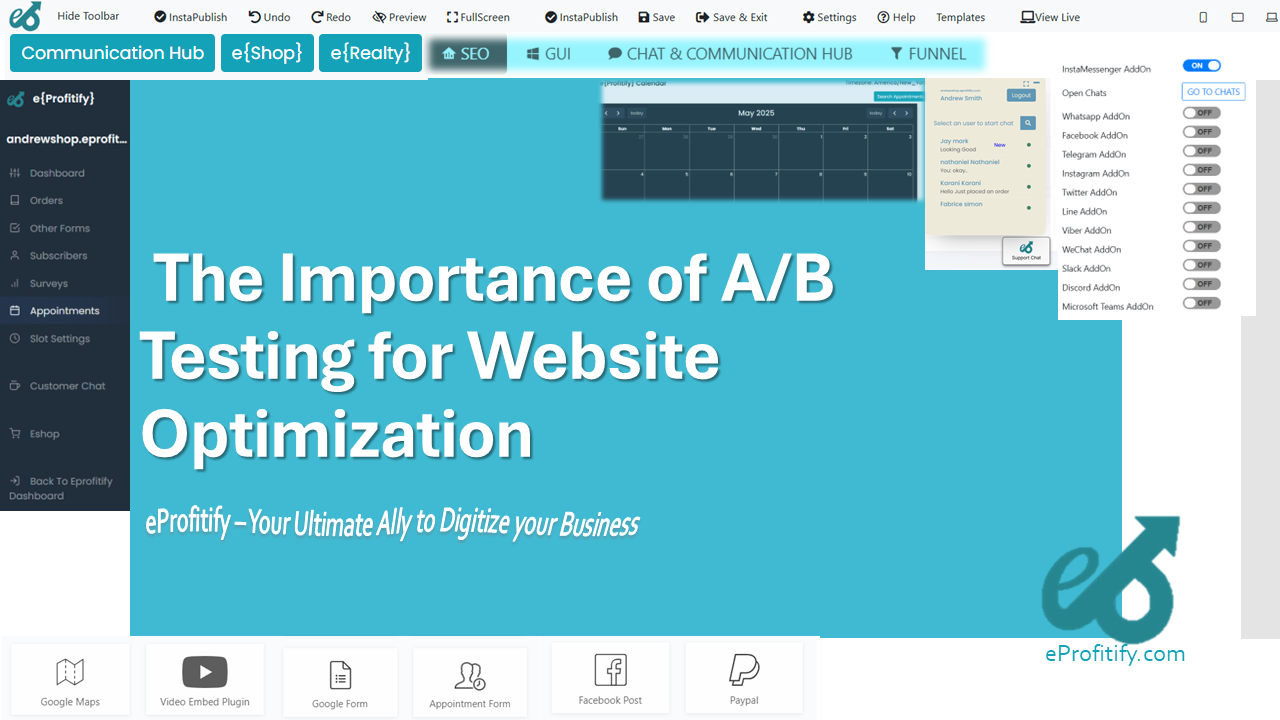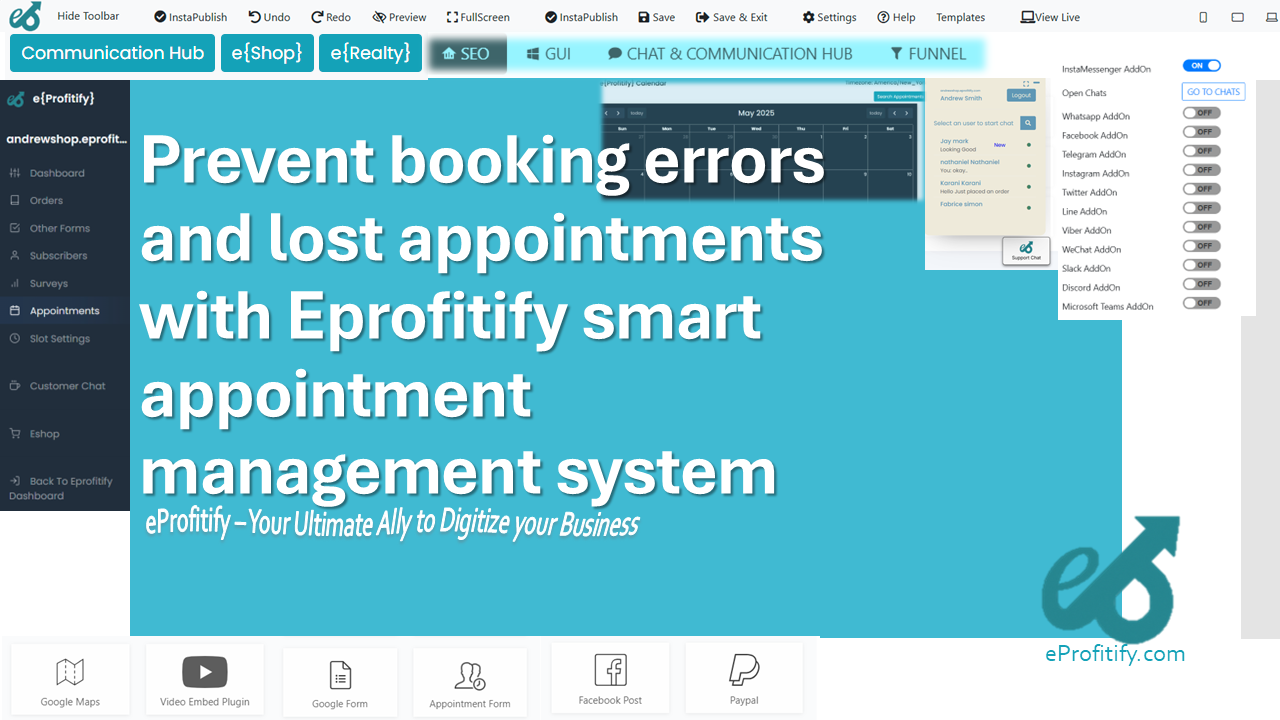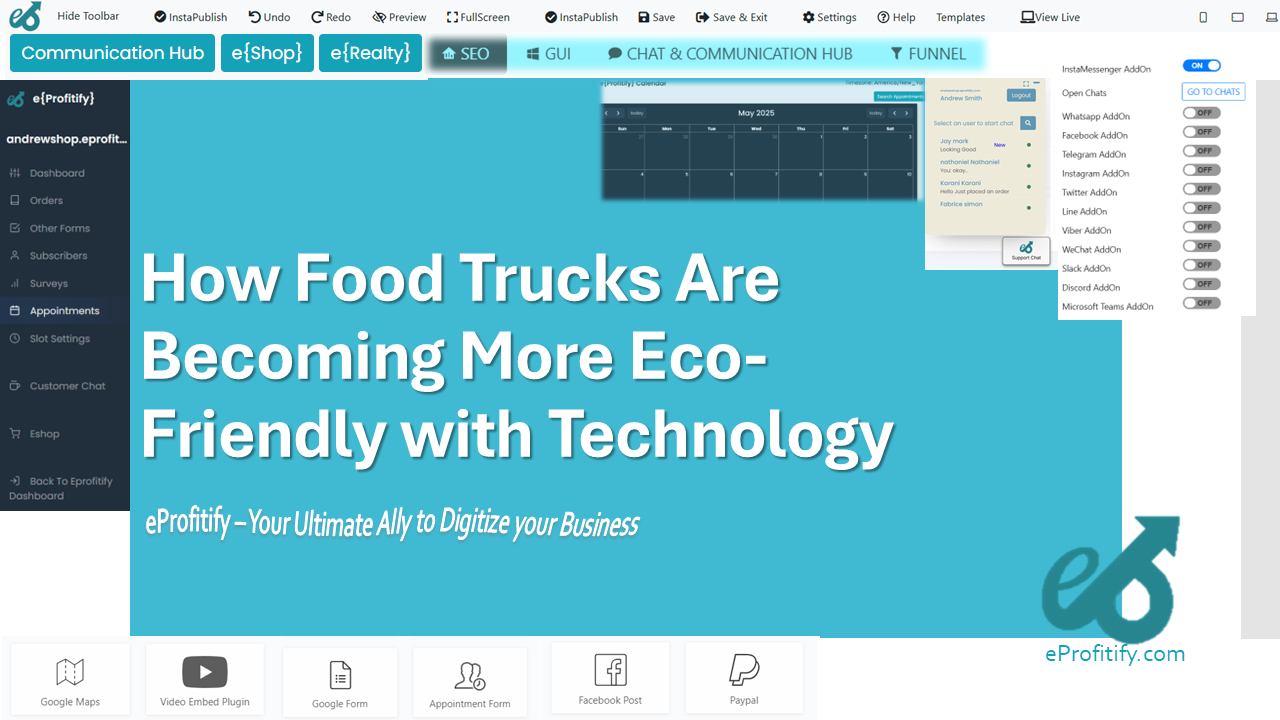Why Backlinks Matter The Basics of Link Building
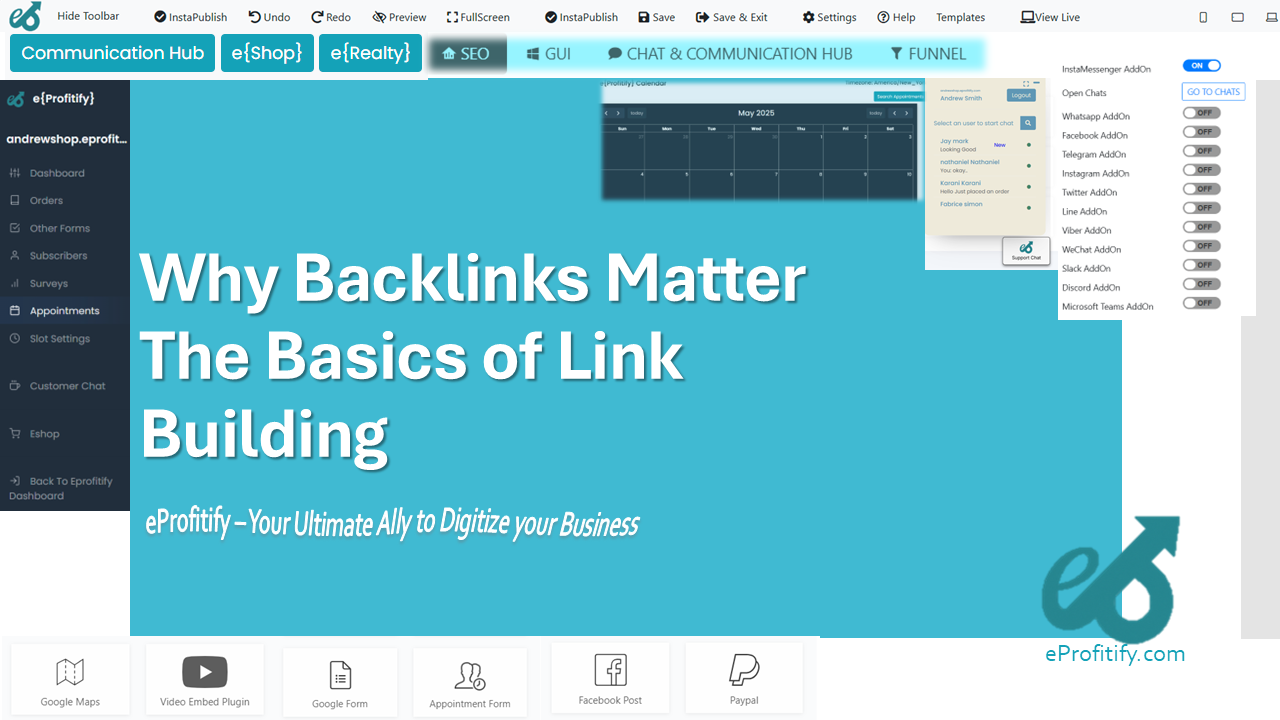
Schedule a LIVE Zoom call with an eProfitify Expert.
Why Backlinks Matter: The Basics of Link Building
In the ever-evolving world of SEO, backlinks remain one of the most critical factors influencing a website’s visibility, authority, and success. Understanding their role and mastering the art of link building can mean the difference between a site that flourishes in search engine rankings and one that lingers in obscurity.
What Are Backlinks?
Backlinks, also known as inbound or incoming links, are hyperlinks from one website to another. When Website A links to Website B, it signals to search engines like Google that Website B is a credible source of information. This endorsement is a cornerstone of SEO, as it helps search algorithms assess the relevance and trustworthiness of content.
Why Do Backlinks Matter?
-
Authority and Trust
Search engines treat backlinks as “votes of confidence.” Websites with high-quality backlinks from reputable sources are perceived as authoritative, which boosts their rankings. Moz’s Domain Authority (DA) metric, which predicts a site’s ranking potential, highlights that DA correlates with backlink quality. In fact, Moz found a 40.62% correlation between Domain Authority and higher search rankings, underscoring the importance of authoritative backlinks. -
Improved Search Rankings
Backlinko’s analysis of 11.8 million Google search results revealed that pages with the highest number of backlinks dominate top rankings. The study showed a direct relationship between backlink volume and organic traffic, with top-ranking pages having 3.8 times more backlinks than competitors in positions 2–10. -
Referral Traffic
Beyond SEO, backlinks drive direct traffic. A well-placed link on a popular blog or news site can attract clicks from engaged audiences, increasing site visibility and potential conversions. -
Competitive Edge
Acquiring high-quality backlinks helps businesses outpace competitors. Ahrefs’ research found that 66.31% of web pages have zero external backlinks, meaning even a modest link-building strategy can put a site ahead of most rivals.
The Basics of Link Building
Link building is the process of acquiring hyperlinks from other websites to your own. Effective strategies include:
-
Creating Link-Worthy Content
High-quality, original content—such as research studies, infographics, or tutorials—naturally attracts backlinks. For example, SEMrush’s study of 43,000 websites found that pages with 15+ backlinks generated 3.2 times more traffic than those with fewer, emphasizing the need for compelling content. -
Guest Posting
Publishing articles on third-party websites in exchange for a backlink remains a popular tactic. This method not only builds links but also establishes industry relationships. -
Broken Link Building
Identifying broken links on external sites and suggesting your content as a replacement can help reclaim lost link equity. -
Outreach and PR
Proactively contacting bloggers, journalists, or influencers to share your content can yield valuable backlinks. Tools like eprofitify streamline this process with integrated CRM systems, enabling businesses to manage outreach campaigns efficiently. -
Local Citations
For local SEO, earning backlinks from directories, industry associations, or local news sites boosts visibility in geographically targeted searches.
Challenges in Link Building
Despite its benefits, link building is fraught with challenges:
- Quality Over Quantity: Google’s algorithms prioritize relevance and authority. A single link from a high-DA site can outweigh dozens of spammy links.
- Time-Consuming Outreach: Building relationships with webmasters and creators demands significant effort.
- Algorithm Updates: Search engines continually refine ranking criteria, requiring adaptability in strategies.
How eProfitify Simplifies Link Building and Website Management
While link building is essential, managing a website’s broader ecosystem—content creation, customer relationships, and ecommerce functions—can be overwhelming. This is where eProfitify, a leading website publishing and management platform, offers a competitive edge.
-
Streamlined Content Creation
eProfitify’s intuitive publishing tools enable users to create SEO-optimized content that attracts backlinks. Integrated analytics help identify high-performing topics, aligning content strategies with audience demand. -
Integrated CRM for Outreach
The platform’s CRM system allows businesses to track outreach efforts, manage partnerships, and nurture relationships with influencers—key for securing guest posting opportunities or collaborative content. -
Appointment Management
Scheduling meetings with potential collaborators becomes effortless with eProfitify’s appointment management system, ensuring seamless coordination for link-building campaigns. -
Ecommerce Integration
For businesses monetizing content, eProfitify’s ecommerce features support product listings, payments, and inventory management. A well-structured ecommerce site can attract backlinks from reviewers, affiliates, and industry platforms. -
Instant Messaging
Real-time communication tools facilitate quick negotiations with webmasters or content creators, speeding up the link-building process. -
Unified Platform
By consolidating website management, CRM, and marketing tools, eProfitify reduces the complexity of maintaining an online presence, freeing up time to focus on strategic link-building activities.
Conclusion
Backlinks remain a linchpin of SEO success, driving authority, traffic, and rankings. While link building requires dedication and adaptability, leveraging tools like eProfitify can streamline the process. Its suite of features—from CRM to ecommerce integration—empowers businesses to manage their digital presence holistically, ensuring they not only earn high-quality backlinks but also maximize their online potential. In a digital landscape where 93% of online experiences begin with a search engine, investing in robust link-building strategies and efficient management tools is no longer optional—it’s essential.
